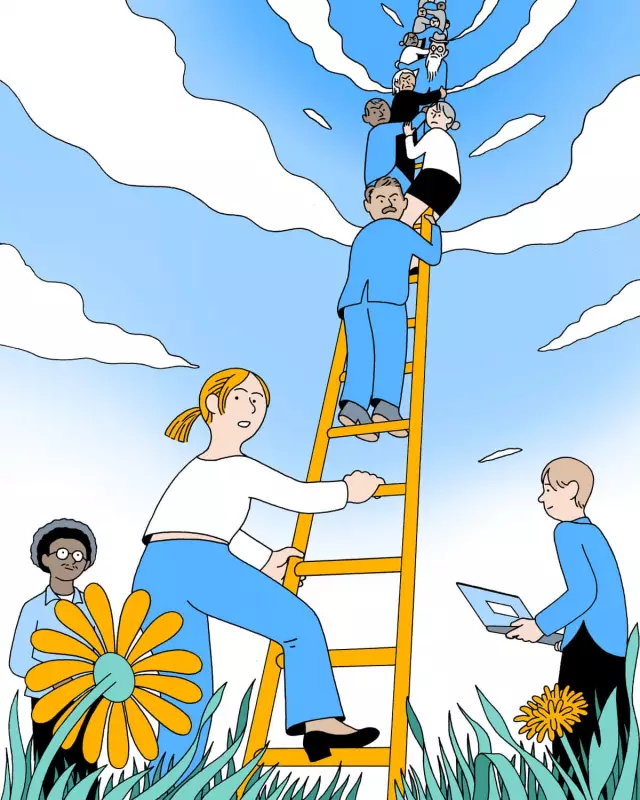
A new wave of workplace criticism is targeting Generation Z employees, with corporate leaders branding them as undisciplined, entitled and unreliable. The accusations bear a striking resemblance to those once leveled against millennials, creating a sense of déjà vu across American workplaces.
The Familiar Pattern of Generational Criticism
Organisational psychologist Adam Grant from Wharton Business School observes this recurring phenomenon. "Every generation tends to complain about the one next to us," he noted. "Everyone used to hate millennials, and now it's gen Z."
Grant identifies a fundamental error in how older generations evaluate younger workers. "We tend to compare [the younger generation] to our current selves, which is a mistake because most people are more narcissistic and self-centered at age 20 than they are at age 40," he explained.
The criticism reached new heights when a Wall Street Journal column went viral by suggesting an entire generation might be "unemployable." Yet industry experts note this cycle of scrutiny intensifies with each new generation entering the workforce.
Gen Z's Perspective on Workplace Values
Jahnavi Shah, a 25-year-old who recently secured her first full-time role at a San Francisco tech startup after a gruelling seven-month search involving nearly a thousand applications, strongly rejects the negative characterisations.
"I think that narrative is bullshit," Shah stated bluntly. "The generations before us were just all about work and then life would take a back seat. We are a really smart generation that hustles, but we also don't want to burn out."
Nadya Okamoto, 27-year-old co-founder of August, an eco-conscious menstrual products company, highlights the changing nature of work itself. "If you look at a lot of the jobs that gen Z is known to do really well, like social media marketing, they weren't jobs 20 years ago," she pointed out.
Shifting Workplace Dynamics and Values
According to leadership and culture strategist Madeline Miller, Generation Z represents a significant departure from previous workplace attitudes. "The capitalist system is extractive, and gen Z are starting to say: 'I'm tired and I'm going to get nothing out of this,'" she observed.
This generation's approach to work includes embracing technology to work smarter. Shah notes that Gen Z focuses on "smart work," optimising artificial intelligence tools to complete tasks more efficiently. This aligns with Deloitte research showing over half of gen Z employees regularly use AI in their work.
The value shift extends beyond technology. The same Deloitte survey revealed that 89% of gen Z workers and 92% of millennials consider a sense of purpose crucial for job satisfaction.
The Business Imperative for Adaptation
Adam Grant warns that companies dismissing Generation Z staff risk their overall performance. He advocates for cross-generational learning where "older generations have a lot of knowledge and experience to offer" while "younger generations have fresh perspectives and digital savvy."
Madeline Miller takes this warning further, stating that firms failing to adapt risk "imploding." She predicts that "Gen Z is going to transform the way we work completely" and urges companies to become curious about this generation rather than imposing existing structures upon them.
The solution, according to experts, lies in mutual understanding and adaptation rather than criticism, recognising that each generation brings unique strengths to the evolving workplace landscape.





